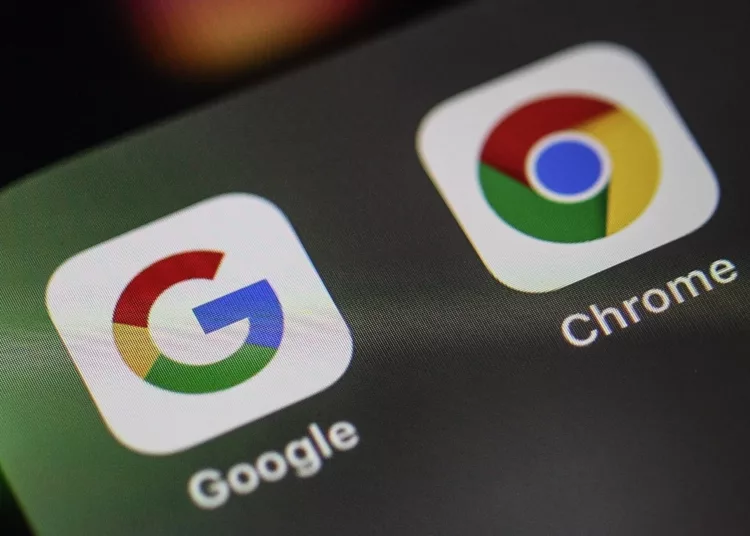Google has commenced the process of limiting third-party cookies for a subset of its Chrome web browser users, marking the first phase in the gradual elimination of these files that have raised significant privacy concerns.
In 2020, Google announced its intention to phase out cookies entirely, yet emphasised that the complete elimination of third-party cookies would require approval from Britain’s Competition and Markets Authority, which is currently evaluating the potential impact on other businesses.
“As per previously announced plans, Chrome is restricting third-party cookies by default for one percent of Chrome users to facilitate testing, and then ramping up to 100 percent of users from Q3 2024,” the company said in a blog posting that cited a Thursday start date.
Cookies, small files used for targeted advertising by monitoring web activity, have faced increased regulation, including the European Union’s General Data Protection Regulation established in 2016 and specific regulations in California.
Third-party cookies are those set by visited websites rather than by the browser itself.
Initially announced in January 2020 with a two-year timeline, the launch of Google’s cookie elimination initiative has encountered several delays.
Google has been developing an alternative system for Chrome that does not track individual users but rather concentrates on Federated Learning of Cohorts (FLoC), categorising audience segments comprising hundreds or thousands of individuals.





